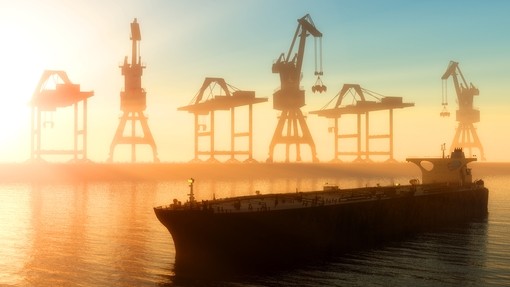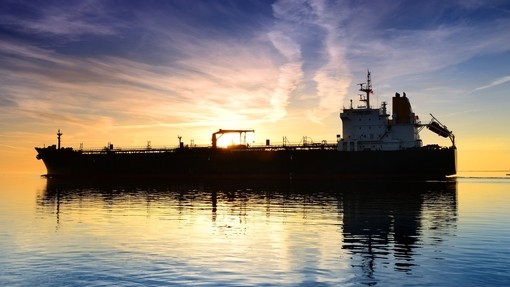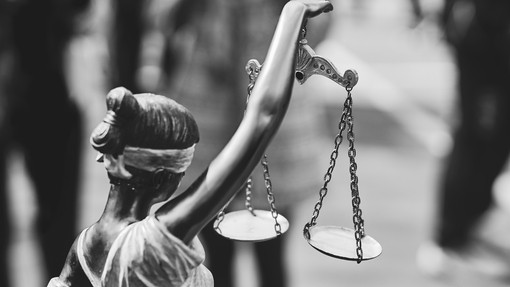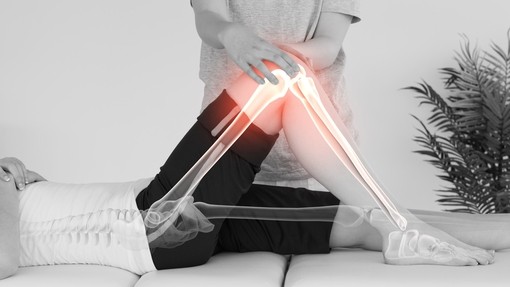The coronavirus: are cruise operators being treated fairly in the media?
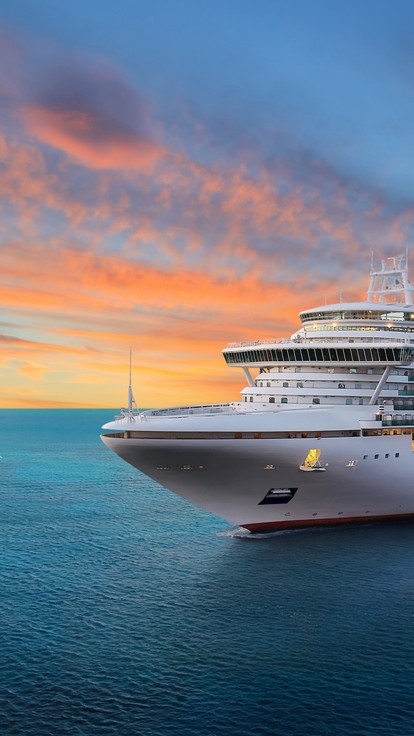
Details
In 2017, a record 26.7 million passengers cruised globally. In 2018, 28.5 million passengers cruised globally. A total of $150 billion in total economic impact and over 1,177,000 jobs paying $50.24 billion in wages and salaries were generated by the global cruise industry in 2018. The average spend in ports is $376.Demand for cruising increased 20.5% in the last five years. The cruise industry is the fastest-growing category in the leisure travel market. From a capacity standpoint, utilisation is consistently over 100%. Note: This data is provided by Cruise Lines International Association (CLIA) 2018.
Javed Ali has been a travel lawyer for over 20 years. For the last 15 years, he has worked very closely with the passenger cruise industry including its trade associations and government regulators. Javed was prompted to write this piece after reading an article released on the BBC News website titled Coronavirus: Are cruise ships really ‘floating Petri dishes’?
Although the article was trying to give a balanced view on the spread of viruses on cruise ships, it was lacking the information the public need to know as to what the cruise industry has collectively done over the years, and is continuing to do, not only in controlling the spread of infectious diseases, but also to ensure that health and safety of every passenger and crew member on board its ships is its number one priority.
This article implied that there is an increased risk of respiratory and gastrointestinal diseases on ships. In fact, it gives the impression that the cruise industry is still way behind in time in securing passenger and crew safety. This is incorrect: the cruise industry is not only growing annually but evolves and adapts with time. This means it is at the forefront of technological and scientific advancement.
The article further stated that with coronavirus, which is believed to spread through droplets, such as from mucus or saliva, people could be infected without direct contact with a carrier. For example if someone sneezed on to a table, and someone else immediately touched that table, that could lead to infection. Well this could happen in any situation where an infectious disease is at bay, be it on land for example in an office building, hospital, hotel, football stadium, the metro system, and not just on a cruise ship. When the norovirus bug was being reported on, it was initially labelled as a ship-based illness. That is, until its coverage on land in hospitals and other institutions was publicised and the public became aware that this illness could be picked up anywhere; and that cruise ships were not floating cities harbouring the virus.
In fact, according to statistics, the risk of getting norovirus on land is about 1 in 15. A cruise passenger has about 1 in 5500 risk of getting laboratory confirmed norovirus during a shipboard outbreak, (source of this data is CDC National Outbreak Reporting System).
What are cruise operators doing to ensure passenger and crew safety where coronavirus is concerned?
On 30 January 2020, the World Health Organisation (WHO) declared that the outbreak of novel coronavirus (2019-nCoV) constituted a public health emergency of international concern (PHEIC).
Common signs of infection include respiratory symptoms, fever, cough, shortness of breath and breathing difficulties. In more severe cases, infection can cause pneumonia, severe acute respiratory syndrome, kidney failure and even death. Infection from humans to humans may occur during the incubation period (before persons show signs of sickness). Coronavirus can cause more severe symptoms in people with weakened immune systems, older people, and those with long-term conditions like diabetes, cancer and chronic lung disease.
Since then, the cruise industry has worked closely to implement the WHO recommendations. This is in addition to the standard procedure of all major cruise lines in requiring every passenger and crew member on pre-boarding the ship to complete a pre-boarding questionnaire. This procedure has been in force for years and the questionnaire covers a host of questions to establish if a passenger or crew member is unwell, has suffered any illness in the proceeding weeks, or has any flu or gastroenteritis symptoms. If any questionnaire reveals concerning information, then the ship’s doctor is consulted, and on his recommendations, the passenger or crew member may be denied boarding.
The cruise lines rigorously follow high public health standards and implement the Vessel Sanitation Program (VSP) 2018 Operations Manual, which continues more than 40 years of government and industry working together, to achieve a successful and cooperative programme that benefits millions of travellers each year, and help prevent large numbers of passengers and crew members getting sick. Ships are visited by the Vessel Sanitation Programme (VSP) inspectors who conduct public health inspections on how well cruise ships meet health standards in the VSP operations manual. Depending on ship size, one to four inspectors conduct these inspections.
The European Manual for Hygiene Standards and Communicable Disease Surveillance on Passenger Ships incorporates hygiene standards based on EU legislation and brings together best practice guidelines for passenger ships sailing within European waters. All crew are extensively trained on how to help keep ships, guests and crew sanitised.
CLIA’s members, which consists of all major passenger cruise lines, have agreed to adopt enhanced screening measures as part of CLIA’s existing health policy intended to address the industry’s exposure to the ongoing outbreak.
To assist its cruise lines members further, CLIA issued the following statement on 7 February 2020:
‘The health and safety of cruise passengers and crew is and remains the number one priority of CLIA and its member lines, which make up over 90% of ocean-going cruise capacity worldwide.’
Given the evolving nature of the ongoing 2019 novel coronavirus outbreak, and based upon prevailing guidance from global health authorities, including the WHO, CLIA members have adopted the following enhanced protocols for ocean-going guests and crew who have recently travelled from or through China, including Hong Kong and Macau. These enhanced policies, which are in effect as of 7 February 2020, build upon those which were implemented on 31 January 2020 and continue to allow for informed decisions on a case-by-case basis whether a guest or crewmember will be permitted to board:
- CLIA members are to deny boarding to all persons who have travelled from, visited or transited via airports in China, including Hong Kong and Macau, within 14 days before embarkation.
- CLIA members are to deny boarding to all persons who, within 14 days before embarkation, have had close contact with, or helped care for, anyone suspected or diagnosed as having coronavirus, or who is currently subject to health monitoring for possible exposure to novel coronavirus.
- CLIA members are to conduct pre-boarding screening necessary to effectuate these prevention measures. Enhanced screening and initial medical support are to be provided, as needed, to any persons exhibiting symptoms of suspected novel coronavirus.
In co-ordination with cruise lines, medical experts and regulators around the world, CLIA and its member cruise lines will continue to closely monitor for new developments related to coronavirus and will modify these policies as necessary with the utmost consideration for the health and safety of passengers and crew. Importantly, the cruise industry is well equipped and experienced when it comes to managing and monitoring health conditions of those on board, with outbreak prevention and response measures in place year-round. Furthermore, ships must be fitted with on board medical facilities, with shipboard medical professionals available around the clock, 24/7, to provide initial medical care in the event of illness and help prevent disease transmission.
Conclusion
Javed’s experience as a travel lawyer and a cruise specialist has been that the cruise industry is always one step ahead in implementing procedures and safeguards. The primary goal of cruise lines is customer health and safety, followed by total enjoyment of the experience of a cruise holiday. Coronavirus is new, the WHO has been working with the Chinese authorities, governments and global experts to rapidly expand scientific knowledge on the new virus track, its spread, and provide advice on measures to protect health and prevent the spread of this outbreak. Cruise lines are following and rapidly implementing these safeguard and procedures and it is therefore important that the media brings itself up to date with what the cruise industry has been doing for the past 10 years.
For further updates and other articles discussing the impact of the coronavirus please view our coronavirus hub.

